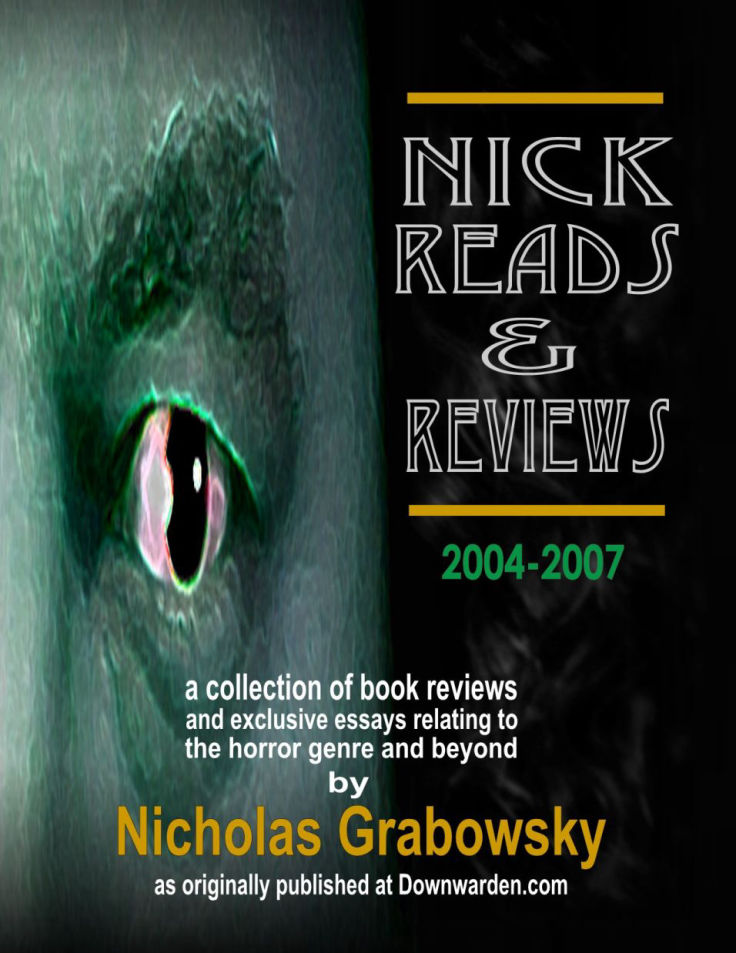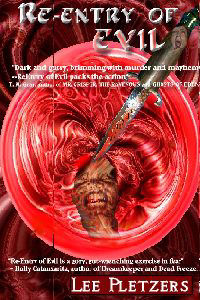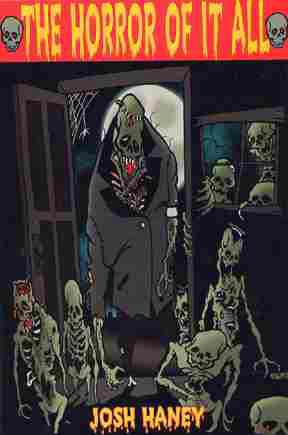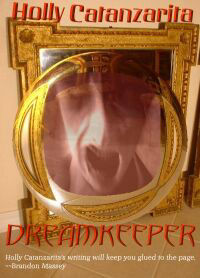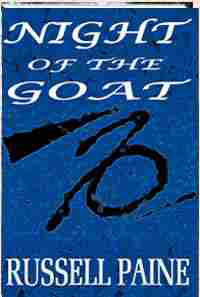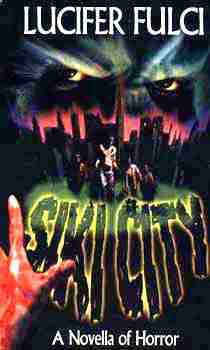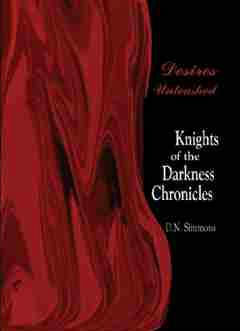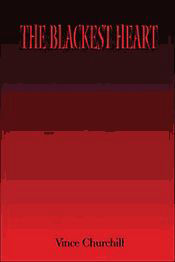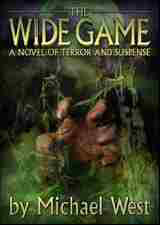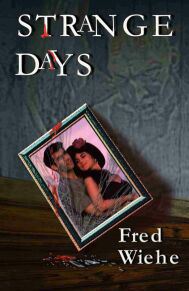D.N. Simmons writes as though eroticism and romanticism were aspects of vampire and werewolf lore that she alone introduced, that bloodsuckers and shapeshifters weren't sensual at all until she came along. Those of us who know better scoff at the assumption, because such folklore has always been driven into the dirt with its clichés and sexual overtones for as long as these supernatural myths existed in our psyches, especially when it comes to vampires.
Simmons exhibits a very straight forward and stylized job with narrative, and succeeds in incorporating originality and substance in a genre which sports its clichés to the point where we all either yawn and yearn for something new, or love the genre so much that we appreciate virtually any work involving vampires or werewolves. This particular novel is as fresh and original as the genre has to offer.
Desires Unleashed, those two words, could solely for a book title's sake be misunderstood as a bit generic if not for the fact that after having read it you couldn't think of a more appropriate title, for not only is it the name of an important vampire-run nightclub in the story, but the book itself is dripping with a sexual desire that all the characters seem to readily have for one another.
The tale is set in contemporary times, with the world turning against the events of the current day, except for how vampires and werewolves (shapeshifters, generally speaking) are not just a fact of life but a part of everyday society. Like mutants are in the X-Men world. This premise works well as a grand landscape for Simmons to give her talent a go-around.
A task force especially suited for policing supernatural society is a result of such a landscape, and two police investigators (S.U.I.T.S., Supernatural Investigation Team, especially suited, get it?) are central to moving the story along as headless human remains are discovered in back alleyways, the two detectives find a great deal on their hands as well as their secrets shared together, and we all find ourselves entering an alternate universe where regardless of our persuasions or nocturnal habits, whether we feast on blood and manage our own nightclubs where souls fight to the death in subterranean arenas or belong to prides who turn into panthers at night, we're all of us, deep down, still human.
Forgive the misspellings as you'll find them frequent, but they are easily ignored and I'd bet you'll find yourself engrossed as I have, for Simmons does a story good, and there's more to tell, for this is only Volume One in a series.
